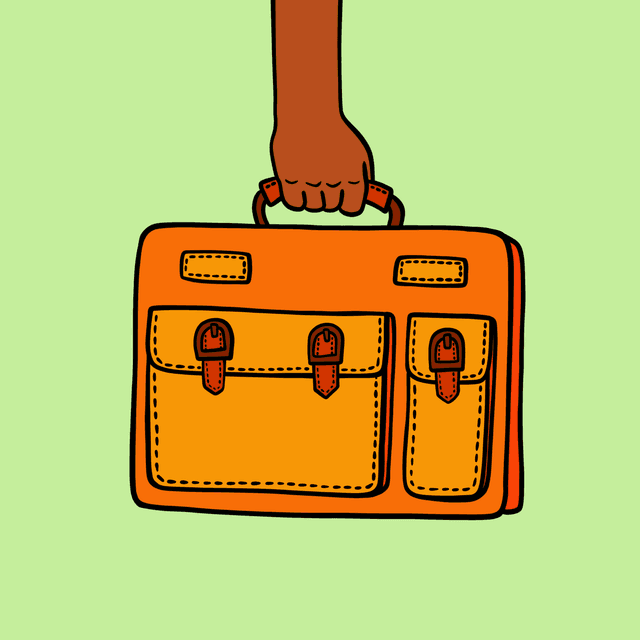Sections
Latest
Learn German jobs vocabulary for discussions on occupations and professions.





German jobs vocabulary isn't difficult to learn - many jobs in German actually sound a lot like their English counterpart. Here you'll find the most important German occupations, but also related vocab all around jobs & the working world.
We've divided the different jobs into general categories. Here is the table of contents:
If there is some vocabulary related to jobs & occupations that we've missed, don't hesitate to send us a quick mail. 😊




Let's have a look at some very common jobs first. How would you ask to speak for the waiter? What if you need to find a doctor?
Now let's have a look at some of the most common blue collar jobs and the German vocabulary for these professions:
German vocabulary for blue collar jobs also involves a variety of adjectives and verbs. Common adjectives used to describe blue collar jobs include hart (hard), anstrengend (exhausting), schmutzig (dirty) and mühsam (laborious).
Common German verbs to describe blue collar work are arbeiten (to work), reparieren (to repair), aufräumen (to clean up), and montieren (to assemble).
These words can be used to describe blue collar jobs in order to convey the hard work, effort, and dedication required for these occupations.
Now let's have a look at German vocabulary for office jobs (including white collar jobs). People like software developers, bankers & architects:
Useful German verbs associated with white colloar professions are kommunizieren (communicate), delegieren (delegate), and koordinieren (coordinate).
Adjectives that might be associated with these professions are effizient (efficient), analytisch (analytical), and kreativ (creative).
Creative and artistic jobs in Germany often involve the use of unique and specific vocabulary. But first, let's see the actual German names for creative professions first:
For those working in the creative field such as artists, actors or writers, the following words may be especially useful.
Adjectives such as kreativ, bildlich, and fantasievoll are often used to describe artistic works or performances.
Verbs such as schreiben, malen, and spielen are also common, and refer to key actions often associated with these jobs.
Furthermore, words such as Kunstwerk and Theaterstücktheatre play can be used to describe specific works and pieces.
While it's useful to know job descriptions in German, you might be looking to apply for a job in Germany. It helps to know some key vocabulary to help you with jobs applications. This way, you will know your way around CV's, applications & interviews.
Knowing additional key words such as “Bewerbungsunterlagen” (application documents), “Stellenbeschreibung” (job description) and “Gehaltsvorstellungen” (salary expectations) can be especially useful in the job application process.
Additionally, adjectives or verbs that might make sense to learn here could be “verantwortungsvoll” (responsible), “motiviert” (motivated), “flexibel” (flexible) and “zuverlässig” (reliable).